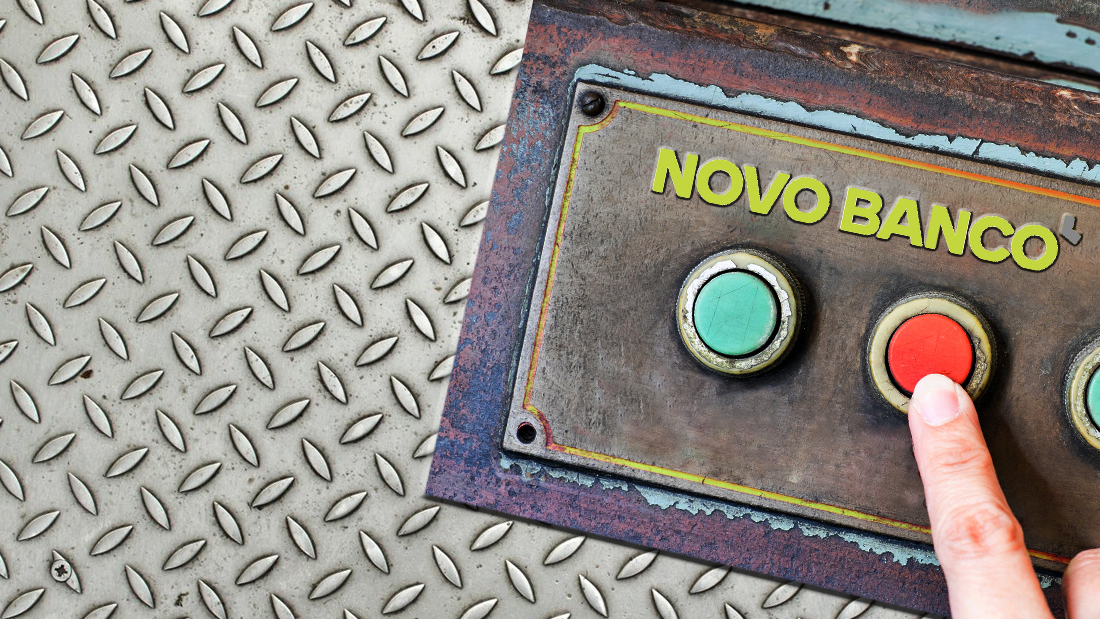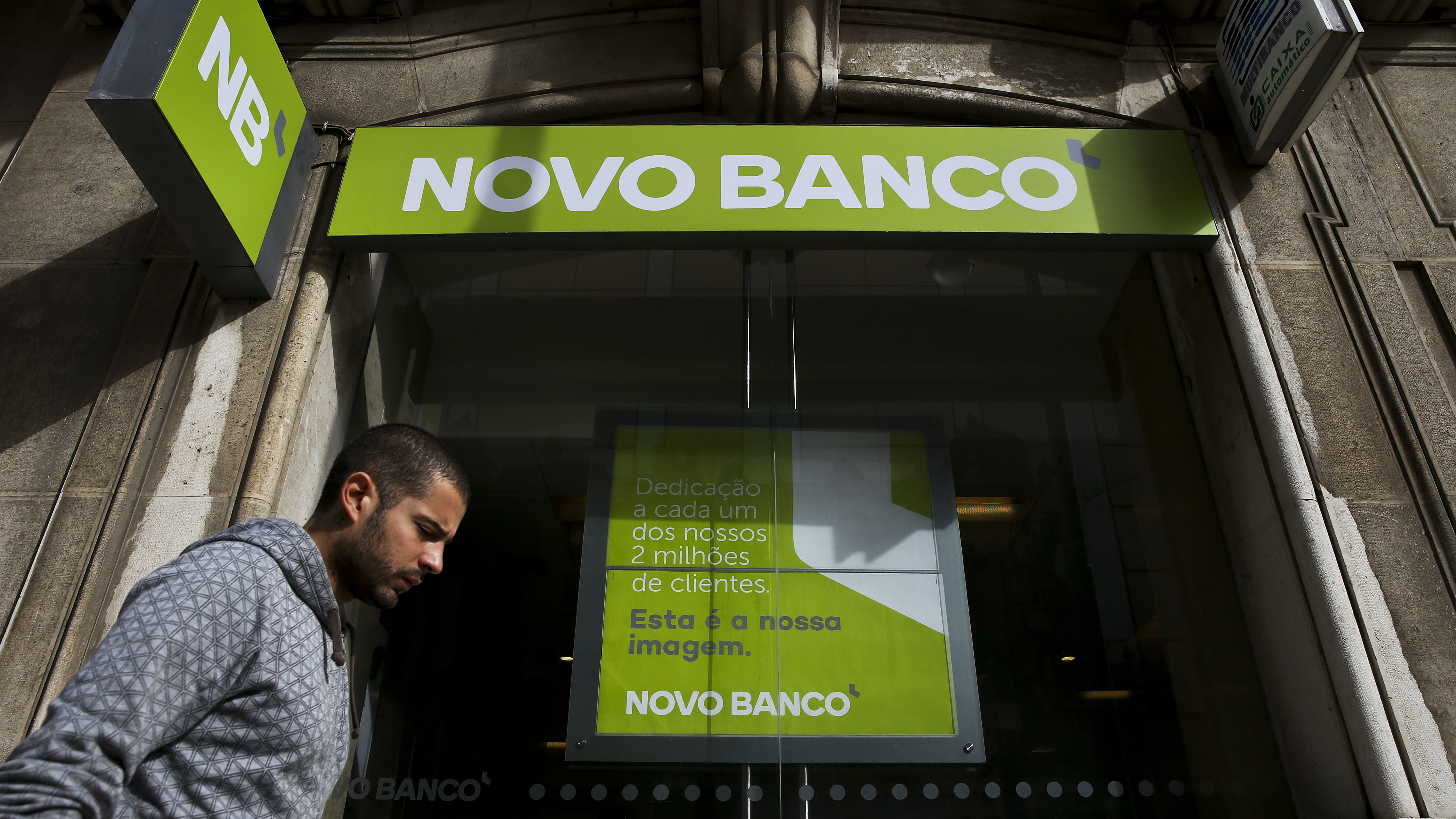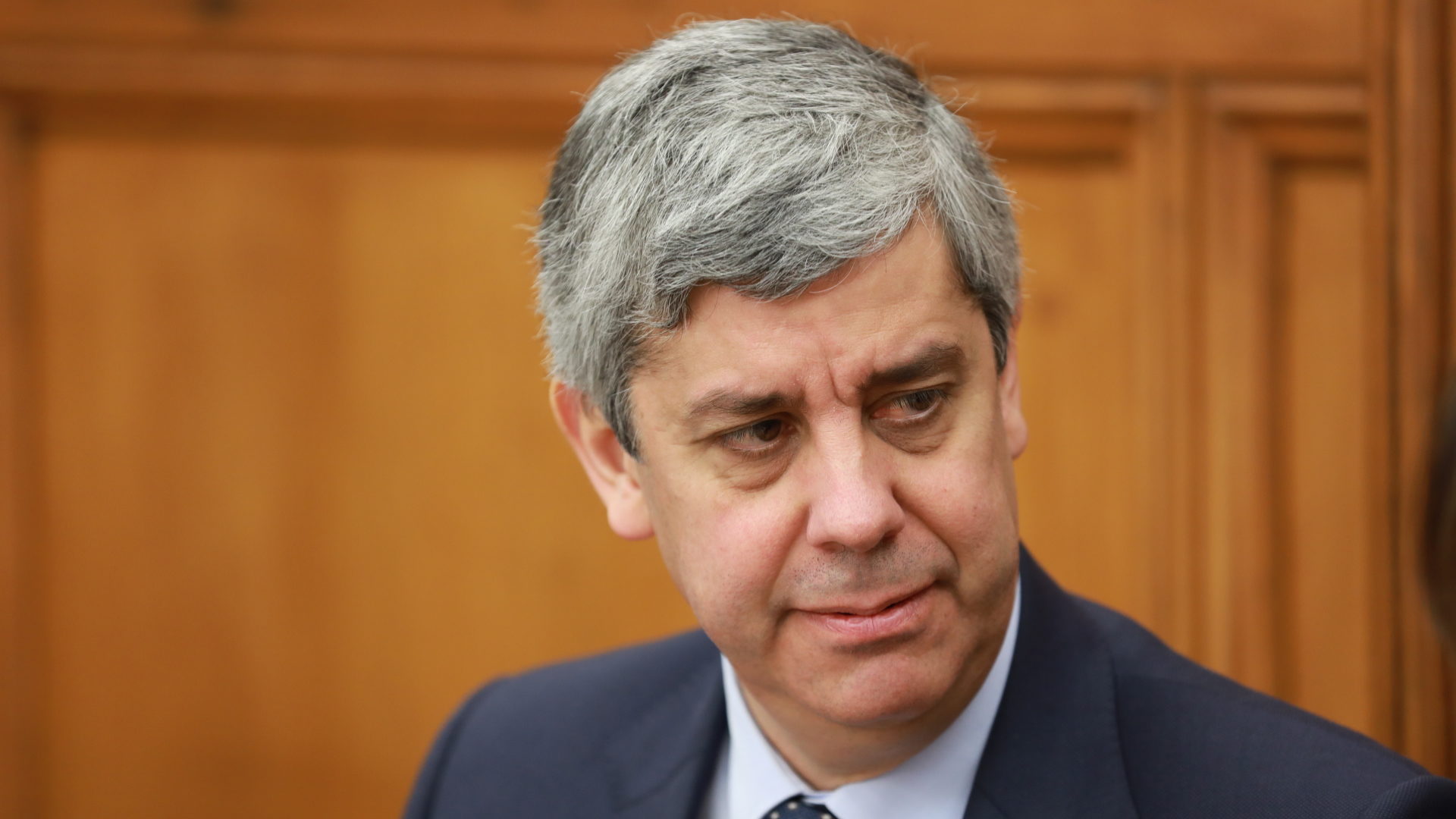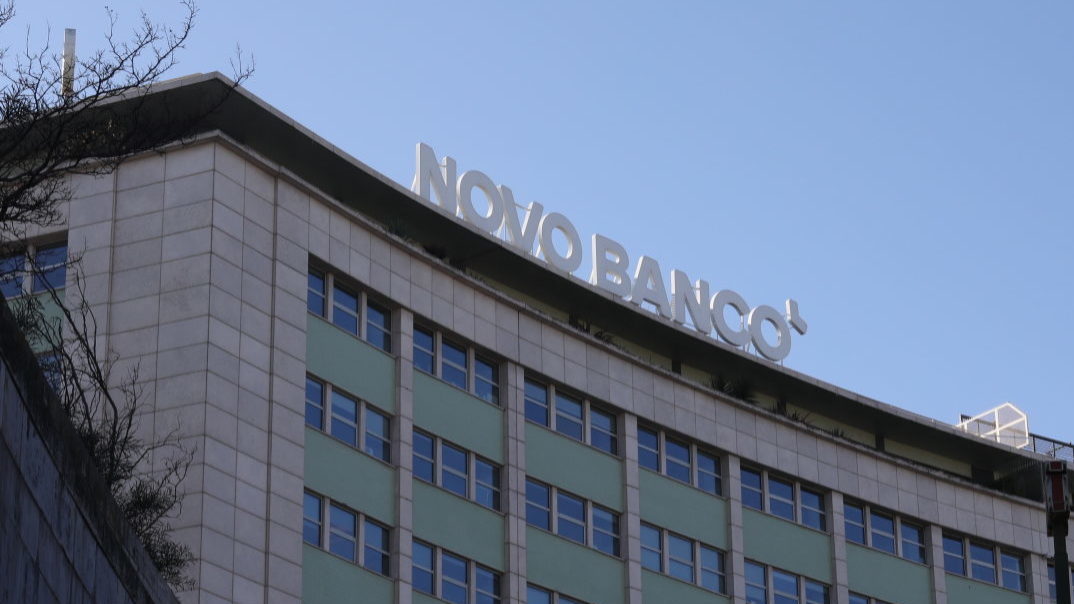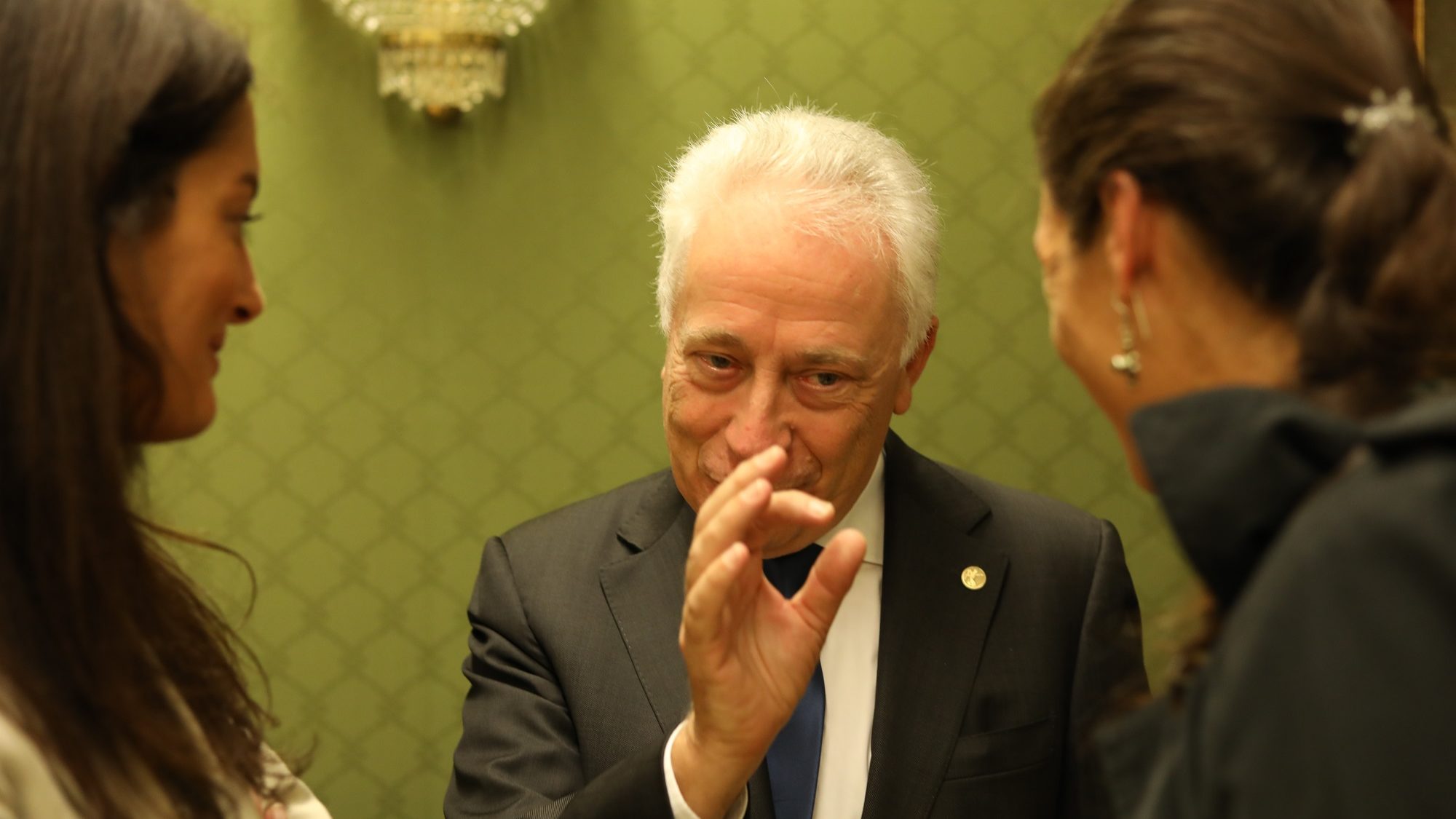Novo Banco: the State will take part in the sale of the ‘side bank’
The State will be a shareholder in Novo Banco through the Resolution Fund. It will take part in the sale of the so-called 'side bank', because it will provide guarantees on those credits' risk.
The Portuguese State was given permission to maintain a 25% equity on Novo Banco, through the Resolution Fund, in spite of not being able to vote or have administrators in the bank. Those were the most relevant terms imposed by the European Directorate General for Competition (DGComp) in order to approve the sale of NB to the North-American fund Lone Star, which the Government has accepted. Nonetheless, ECO knows there is already an agreement with Brussels which will allow for the Resolution Fund to participate and intervene in the sale of Novo Banco‘s troubled assets — the so-called ‘side bank’.
During the second stage of Novo Banco‘s sale process to Lone Star, within the terms negotiated with Brussels, the bank headed by António Ramalho identified a series of assets considered toxic and unprofitable, which were placed in the ‘side bank’, that is, separated from the core operation, worth around nine billion euros. Those assets will not have a counter-guarantee from the State, but in addition to the 25% equity, there will be a guarantee from the Resolution Fund.
The Resolution Fund may have to face contingent liabilities concerning some of the ‘side bank’ assets; therefore, the Government is trying to negotiate the possibility of having the Resolution Fund, which is headed by the Bank of Portugal and two representatives from the Finance Ministry, influence the sale of those assets.
We should recall that DGComp was trying to decrease the size of the side bank to 7.5 billion, which include 2.5 billion worth of real assets, but also restructuring funds, non-strategical operations and international operations. Lone Star gave up the State’s counter-guarantee, but never the guarantee from the Resolution Fund to cover for possible contingencies, worth between two and three billion euros — although that amount has never been confirmed.
